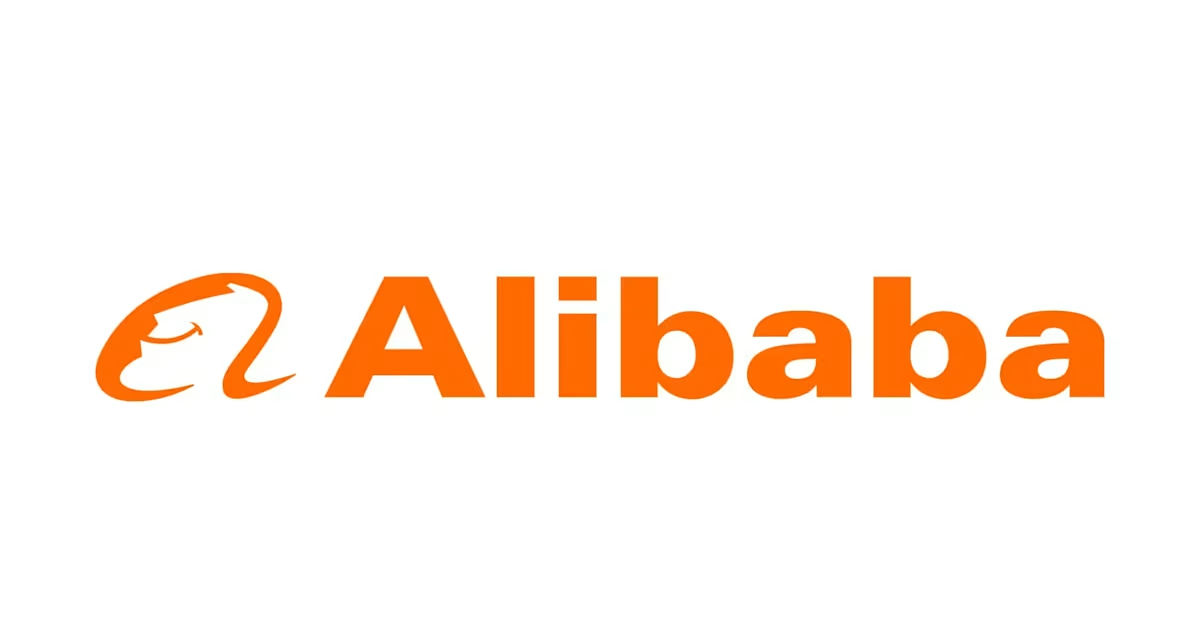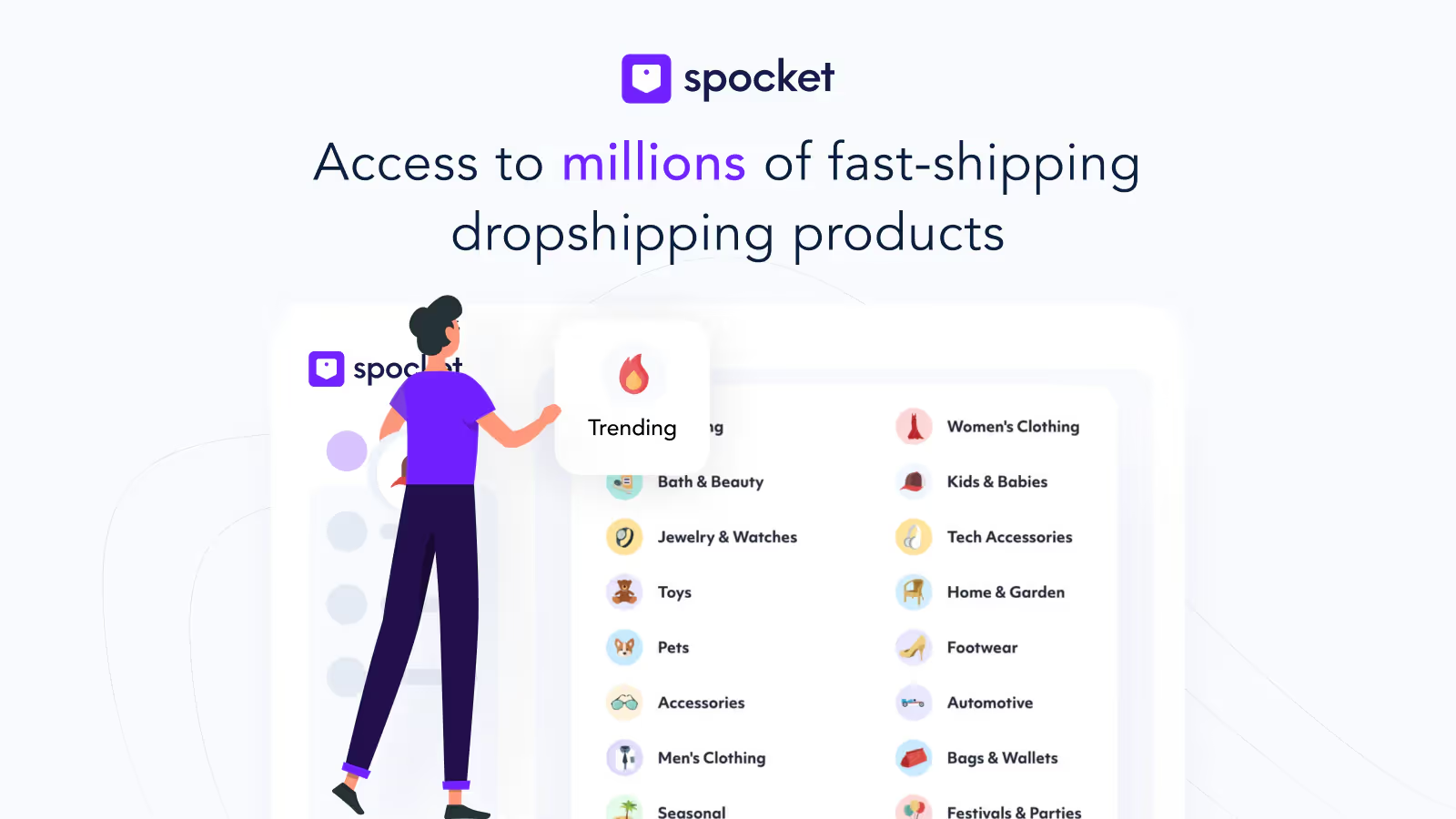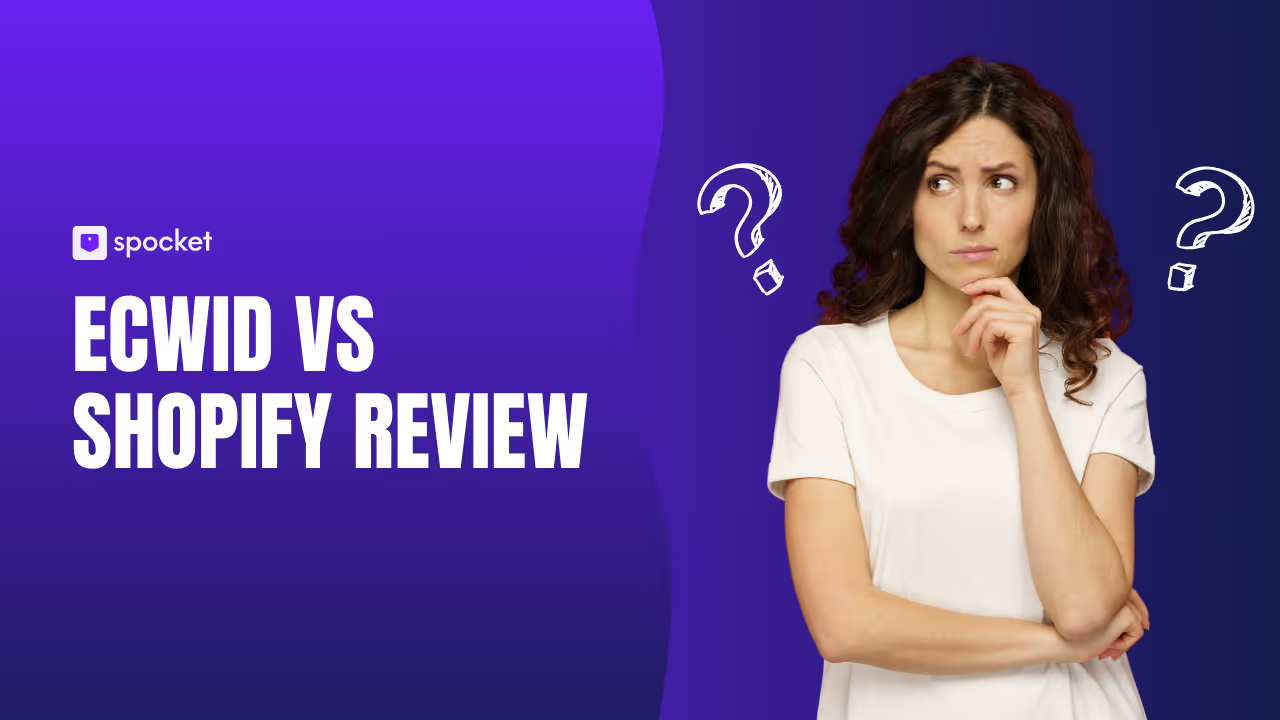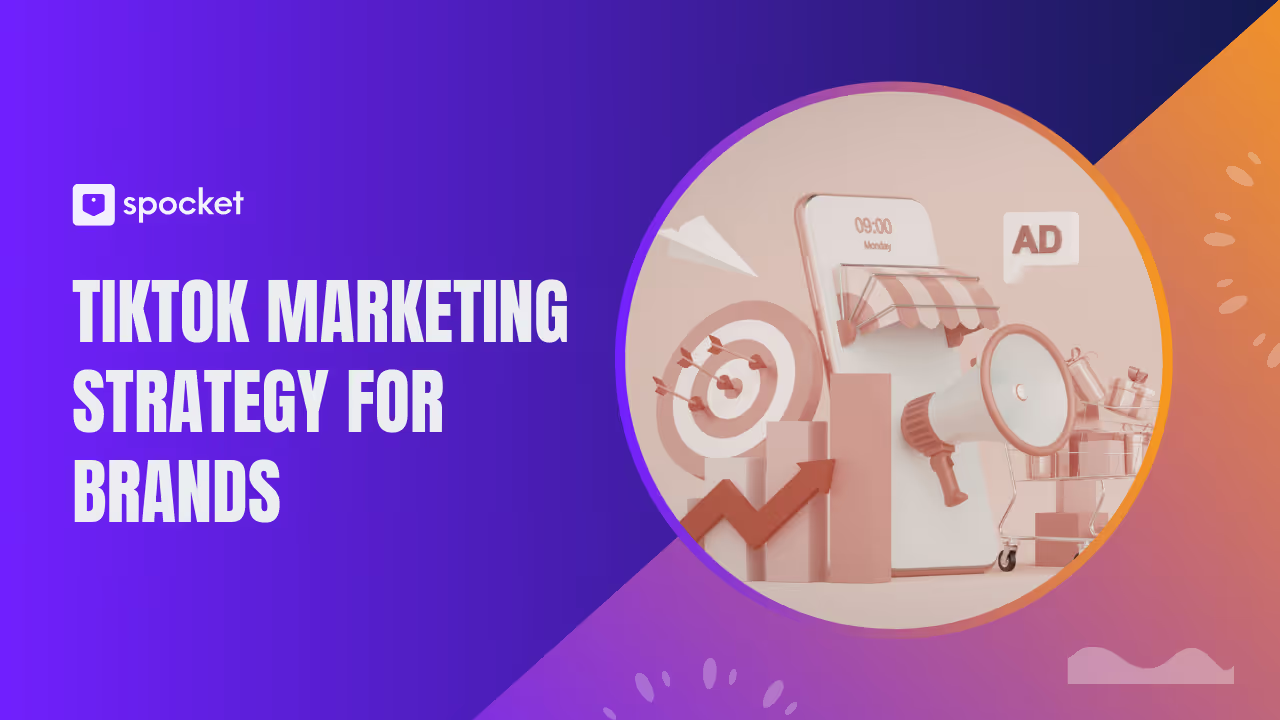Alibaba Dropshipping: The Complete 2026 Guide to Dropship with Alibaba
Learn Alibaba dropshipping step-by-step — from supplier sourcing to scaling profits with low-MOQ and branding strategies. Ready to dropship with Alibaba?


Alibaba dropshipping is when you dropship with Alibaba suppliers (usually manufacturers/wholesalers) and have them ship orders directly to your customers—so you don’t hold inventory, but you do get access to better pricing, customization, and long-term supplier relationships. The catch? Alibaba isn’t “one-click easy” like retail marketplaces: you’ll need to filter for dropshipping-friendly listings, confirm MOQ (or negotiate 1-piece/sample runs), and set clear expectations for production time, shipping method, and tracking. This guide is built for people who want higher margins and a brandable store—beginners who want a safe first setup and experienced sellers ready to scale beyond quick product tests. You’ll learn how to dropship from Alibaba without getting burned (Trade Assurance, sample checks, supplier vetting) and where tools like Spocket can complement Alibaba sourcing for faster shipping options.
What is Alibaba and How It Works for Dropshipping
Alibaba is a global B2B marketplace built for sourcing directly from manufacturers and large wholesalers. Unlike retail-focused platforms, Alibaba is designed for businesses that want better pricing, customization, and long-term supplier relationships. When you use Alibaba for dropshipping, you partner with suppliers who agree to ship products directly to your customers—often after negotiating MOQ, branding, and shipping terms.

How Alibaba Is Different From AliExpress and Other Platforms
AliExpress is optimized for beginners with ready-to-ship products and fixed pricing. Alibaba, on the other hand, offers lower per-unit costs, private labeling, and scalable sourcing—but requires communication and negotiation. This makes Alibaba dropshipping ideal for sellers who want to build a real brand, not just test random products.
Is Alibaba Legitimate and Safe for Dropshipping?
Yes—Alibaba is legitimate and widely used by global brands. Safety comes down to supplier vetting. Verified suppliers, Trade Assurance protection, clear contracts, and sample orders reduce risk significantly. Dropshipping on Alibaba is safe when done correctly.
Alibaba Dropshipping Center Explained
Alibaba’s Dropshipping Center helps sellers find dropshipping-friendly, low-MOQ products faster. It filters suppliers willing to ship single units, making it easier for beginners to start while still benefiting from Alibaba’s B2B pricing.
Can You Dropship From Alibaba?
Yes — you can dropship from Alibaba, but it works a bit differently than “one-click” marketplaces. Alibaba is built for B2B sourcing, so dropshipping usually means you find a supplier willing to ship single units, agree on packaging/branding, and set a repeatable fulfillment workflow (how orders are sent, processed, and tracked). Many suppliers are open to it if you communicate clearly and show you’re serious about ongoing orders.
Here’s what makes Alibaba dropshipping realistic (and safe):
- Dropshipping-friendly suppliers exist: Use Alibaba’s Dropshipping Center or search terms like “dropshipping,” “no MOQ,” and “ship one piece.”
- MOQ is negotiable: Even if a listing shows MOQ, suppliers often allow 1–5 pieces for testing or sample orders.
- You control margins and branding: Alibaba is better for higher profit margins, custom packaging, inserts, and private label options.
- You must confirm logistics: Always ask about processing time, shipping method, tracking availability, and returns.
If your goal is to build a brand with better pricing and supplier control, Alibaba dropshipping is one of the best paths—just treat it like a supplier partnership, not a plug-and-play catalog.
How to Dropship With Alibaba: Step-by-Step
Now that you know Alibaba is ideal for branded and scalable dropshipping, let’s walk through how it actually works. This isn’t a plug-and-play model—you’ll need to put in a bit more effort upfront, but the payoff is worth it.
Here’s how to go from browsing Alibaba to running a fully operational dropshipping store.
Step 1 – Create a Buyer Account and Set Business Preferences
Start by creating a free buyer account on Alibaba. It only takes a few minutes, but don’t rush through it.
Customize your profile with details about your business, your niche, and what you're looking to sell. A well-filled profile builds trust when you contact suppliers—they’re far more likely to respond if you look serious.
This also gives you access to better search filters and pricing visibility.
Step 2 – Find Low MOQ Suppliers That Allow Dropshipping
Most Alibaba suppliers list bulk prices by default, but many are flexible—if you ask.
Use search filters like “Ready to Ship,” “Trade Assurance,” and “Low MOQ.” Then, scan the product listings and read the supplier descriptions carefully. Look for keywords like dropshipping available or custom orders welcome.
You can also message suppliers directly to confirm whether they support dropshipping or small orders. Some don’t advertise it but will offer it once they see potential in your store.
Step 3 – Negotiate Terms, Prices, and Custom Branding
Here’s where Alibaba differs the most from platforms like AliExpress: negotiation is expected.
Reach out to suppliers with clear questions—ask about pricing tiers, shipping options, private labeling, and sample availability. You can often negotiate better rates, especially if you're ordering samples or promising future volume.
If you’re interested in custom packaging or branded inserts, ask about Minimum Order Quantities (MOQs) for those specifically. Some suppliers offer custom branding even for small orders, as long as you cover the setup cost.
Step 4 – Order Sample Products and Verify Quality
Never skip this step. Even if the supplier looks legit and has great reviews, you need to see the product for yourself.
Order 1–2 samples of each item you plan to sell. Test for:
- Build quality
- Packaging
- Shipping speed
- Communication from the supplier
This is your safety check before you invest time and money into product listings or marketing. If the sample arrives damaged, late, or underwhelming—move on.
Step 5 – Integrate With Your Store (Shopify, WooCommerce, Wix)
Once you’ve picked your products, it's time to set up your store. Most people use Shopify because of its ease and plugin support, but WooCommerce and Wix work well too.
To streamline operations, integrate Alibaba suppliers using tools like Spocket. Spocket connects directly with select Alibaba suppliers and automates product import, order syncing, and tracking.
This saves you hours of manual work and keeps your store running smoothly.
Step 6 – Automate Fulfillment Using Tools Like Spocket

When a customer places an order, you don’t want to be emailing suppliers manually every time.
Tools like Spocket helps automate order fulfillment. Orders are forwarded to your supplier, tracking numbers are updated, and everything stays organized inside your dashboard.
This is essential if you plan to scale beyond 10–20 orders a week.
Step 7 – Monitor Orders, Track Shipments, and Optimize
Your job isn’t done after launch.
Keep an eye on every order—especially in the beginning. Make sure tracking numbers are updated on time, shipping is consistent, and customer communication is smooth.
Use that feedback to improve:
- Shipping speed
- Product selection
- Supplier relationships
The more proactive you are here, the fewer customer complaints you’ll deal with later.
Alibaba Dropshipping Logistics: Shipping and Delivery
Shipping is one of the most important factors when you dropship from Alibaba, because it directly affects customer satisfaction, refunds, and repeat purchases.
Different Shipping Methods on Alibaba
Alibaba suppliers typically offer:
- Express shipping (DHL, FedEx, UPS): Best for Alibaba dropshipping products that need fast delivery and full tracking.
- Economy shipping: Lower cost but slower; suitable for low-ticket items where speed is less critical.
- Sea freight: Used only when scaling into bulk orders, not recommended for beginners learning how to dropship on Alibaba.
Expected Delivery Times and Tracking
When dropshipping with Alibaba, delivery times usually range from 7–15 days with express shipping and 15–30 days or more with economy shipping. Always confirm processing time, carrier name, and tracking availability before listing a product.
How to Communicate Shipping Timelines to Customers
Clear communication is key. Display realistic delivery estimates on product pages and in order confirmations. Being transparent about shipping builds trust and reduces chargebacks—especially important when customers ask if Alibaba dropshipping is reliable.
Common Risks in Alibaba Dropshipping and How to Avoid Them
Many sellers ask, “Is Alibaba safe for dropshipping?” The answer is yes—if you manage risks correctly.
Dealing With Unreliable Suppliers
Avoid suppliers who give unclear answers, refuse sample orders, or push payments outside Alibaba. Always keep communication on-platform and start with small test orders when learning how to use Alibaba for dropshipping.
Avoiding Counterfeit and Restricted Products
When selling Alibaba dropshipping products, stay away from branded items unless the supplier provides written authorization. Selling counterfeit goods is one of the fastest ways to lose payment protection and store credibility.
Using Trade Assurance and Secure Payments
Alibaba Trade Assurance protects you if products don’t meet agreed specifications or ship on time. Using Trade Assurance is essential when you dropship with Alibaba and want to reduce financial risk.
Alibaba Dropshipping Tools and Platform Comparison
Alibaba does not fully automate dropshipping, which is why most sellers use additional tools.
Best Dropshipping Tools and Their Roles
- Inventory syncing to prevent overselling
- Order forwarding to suppliers
- Automatic tracking updates for customers
These tools make it easier to scale once you understand how to dropship from Alibaba consistently.
Spocket’s Role as a Curated Supplier Platform
Spocket works well alongside Alibaba by offering pre-vetted suppliers, faster US and EU shipping, and easier automation. Many sellers source custom or high-margin items from Alibaba while using Spocket to improve delivery speed and customer experience.
Alternative Supplier Platforms
- Alidrop: Strong automation with vetted suppliers
- Printify: Best for print-on-demand Alibaba-style private labeling
- Modalyst: Fashion-focused supplier network
A hybrid approach—combining Alibaba dropshippers with curated platforms—gives you better control over margins, shipping times, and scalability.
Alibaba Product Ideas for Dropshipping
If you’re serious about Alibaba dropshipping, the best strategy in 2026 isn’t chasing random “viral” items—it’s choosing repeat-buy, problem-solving products that stay in demand long enough to justify supplier testing, negotiation, and shipping setup. Shopify’s own 2026 trending list highlights practical categories (beauty, apparel, personal care, everyday lifestyle) that translate well to dropship with Alibaba when you pick the right suppliers and shipping method.
Best Product Categories for 2026
These categories consistently perform well for sellers who dropship from Alibaba because they’re easy to brand, have strong margins, and don’t require complex compliance:
- Beauty & personal care accessories (tools, organizers, travel-friendly items)
- Skincare-adjacent and “ingredient-led” routines (tools/accessories that pair with trending routines)
- Home organization + small lifestyle upgrades (space-saving, desk/home setups)
- Pet travel + pet home essentials (covers, bowls, grooming accessories)
- Wellness & recovery (massage, stretching, heat/comfort products)
Trending Niches and Examples
Here are Alibaba dropshipping products that show up repeatedly in 2026 trend roundups and are realistic to fulfill via Alibaba suppliers:
- Pet niche: dog seat covers, anti-spill bowls
- Home/wellness: faucet water filters, sauna blankets, massage products
- Personalized decor: custom neon signs, desk decor
- Garden/outdoor utility: extendable garden hoses, foldable chairs
Criteria for High-Converting Alibaba Dropshipping Products
Use this checklist before you commit to a product (it’s the difference between “listing something” and building a store that converts):
- Clear problem → clear demo: customers should “get it” in 3 seconds (great for TikTok/Reels).
- Ships without drama: small/lightweight, low breakage, easy packaging, trackable shipping.
- Margin room after shipping: aim for 3–5× landed cost (product + shipping + fees) so ads don’t kill profits.
- Supplier is dropshipping-ready: willing to ship 1 piece, provide tracking, and confirm processing time in writing (ideal via Alibaba’s dropshipping guidance).
- Low dispute risk: avoid restricted/counterfeit-prone categories unless you know compliance cold.
Pros and Cons of Alibaba Dropshipping
If you’re deciding whether Alibaba dropshipping is worth it, the trade-off is simple: better margins + brand control in exchange for more supplier management. Here’s the real-world breakdown (so you can confidently decide if you should dropship with Alibaba or stick to a faster plug-and-play model).
Pros of Dropshipping With Alibaba
- Lower unit costs and higher margins
Alibaba is built for B2B pricing, so when you learn how to dropship from Alibaba, you can often secure better per-unit rates than retail marketplaces—especially as volume grows. - Customization and private label potential
Many Alibaba dropshippers offer custom packaging, inserts, logo printing, and variations—making it easier to build a branded store instead of selling generic items. - Huge product catalog and supplier diversity
You’re not locked into one vendor. You can compare factories, materials, and pricing, and create a more resilient supply chain.
Cons of Alibaba Dropshipping
- MOQ negotiation and supplier requirements
Some suppliers list MOQs, and you may need to negotiate a low MOQ or start with samples. This is normal when figuring out how to use Alibaba for dropshipping. - Longer production and shipping timelines
Production time + international shipping can be slower than domestic sourcing, especially if you choose economy shipping. - Communication and fulfillment complexity
You’ll need clear written agreements on processing time, tracking, returns, and defect handling—otherwise customer experience suffers.
Is Alibaba Good for Dropshipping? Honest Breakdown for Beginners
Yes—Alibaba dropshipping can be great, but only if your goal is better margins and a brandable store, not “instant, hands-off” selling. Alibaba is a B2B marketplace, so you’re dealing with manufacturers and wholesalers who may show MOQs, require clearer terms, and expect professional communication. The upside is real: many suppliers now support low MOQ or will let you dropship with Alibaba once you agree on pricing, processing time, and shipping method.
What Makes Alibaba Different from AliExpress?
AliExpress is built for quick, consumer-style orders—easy for product testing. Alibaba is built for business sourcing—better pricing, supplier relationships, and customization. If you want private label, custom packaging, inserts, or product tweaks, Alibaba is usually the stronger option.
When Should You Choose Alibaba Over Other Platforms?
Choose Alibaba if you want to:
- Lower per-unit costs (room for higher profit margins)
- Private labeling and branding control
- Direct supplier relationships you can scale with
- A long-term plan to dropship from Alibaba now and move into bulk later
If you just want fast product testing with minimal setup, AliExpress may be quicker. But if you’re building a real brand, Alibaba is often worth the extra effort.
Conclusion
Alibaba dropshipping works best when you treat it as a long-term sourcing strategy, not a shortcut. It gives you access to better pricing, customization, and supplier relationships—but only if you’re willing to vet suppliers, set clear logistics, and think beyond quick product tests. If you want higher margins and real brand control, dropshipping with Alibaba is absolutely worth exploring. To balance this with faster shipping and simpler automation, many sellers pair Alibaba sourcing with Spocket, using its curated suppliers to improve delivery speed and customer experience. Start smart, test carefully, and build a supply chain that actually scales.
Alibaba Dropshipping FAQs
Does Alibaba support dropshipping?
Yes. While Alibaba is primarily a wholesale platform, many suppliers now offer dropshipping options. You can request them to ship products directly to your customers, especially if you negotiate well.
Can anyone dropship from Alibaba?
Absolutely. Anyone with an Alibaba buyer account can start dropshipping. The key is finding suppliers with low minimum order quantities and confirming they’re open to fulfilling single-item orders.
What is the difference between Alibaba and AliExpress?
Alibaba is built for B2B transactions and bulk purchasing, often with customization and private label options. AliExpress is more B2C, offering individual items without much room for negotiation or branding.
Which is better for dropshipping: Alibaba or AliExpress?
If you want to build a branded store and scale long term, Alibaba is the better option. If you're just testing products or want a faster setup, AliExpress is easier for beginners.
Can you dropship from Alibaba to Amazon/eBay?
Yes, you can dropship from Alibaba to Amazon or eBay, but you must follow each marketplace’s dropshipping policy. Use reliable suppliers, keep invoices compliant, ensure tracking, and avoid branded/counterfeit items to reduce account risk.
Do Alibaba suppliers ship worldwide?
Many Alibaba suppliers ship internationally, but coverage depends on the supplier, product type, and carrier. When you dropship with Alibaba, confirm destination countries, shipping method, tracking, duties/taxes responsibility, and delivery timelines before listing products.
Is Alibaba still good for dropshipping?
Yes—Alibaba dropshipping is still strong if you want higher margins, customization, and scalable sourcing. It’s best for sellers who can vet suppliers, negotiate MOQ, and manage shipping expectations. For faster delivery options, pair it with Spocket.
Can I do dropshipping with Alibaba?
Absolutely. You can do dropshipping with Alibaba by finding dropshipping-friendly suppliers (often low MOQ), agreeing on pricing and processing times, and having them ship directly to customers. Start with samples, use Trade Assurance, and document terms clearly.
Do I need an LLC to buy from Alibaba?
No, you don’t need an LLC to buy from Alibaba—individuals can order too. However, an LLC can help with payment accounts, supplier credibility, taxes, and scaling. Many sellers start first, then formalize once products validate.
Launch your dropshipping business now!
Start free trialRelated blogs

Is GreenDropShip Legit? Here’s a Full GreenDropShip Review
Are you asking, is GreenDropShip legit? We look at real user experiences, shipping speeds, and product quality. Read our review before you sign up.

Ecwid vs. Shopify: Which is Better for Building an Online Store?
Stuck between Ecwid vs. Shopify? We compare ease of use, pricing plans, and dropshipping tools to guide your decision in 2026.

TikTok Marketing Strategy for Brands
Learn how to build a TikTok marketing strategy that drives brand awareness, engagement, and sales with proven tactics, examples, and tools.


































